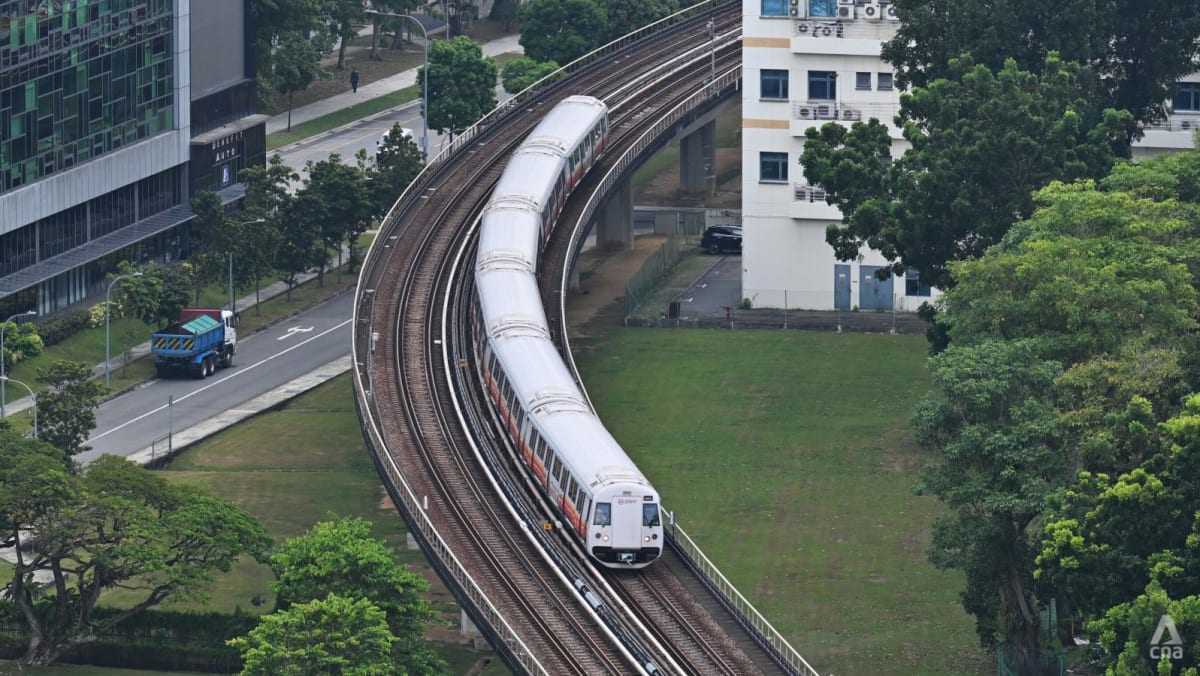WHAT ARE THE CHANGES?
The new law will subject the designated entities to controls in three areas: Ownership, management appointments, and in their operations and resourcing.
Under new proposed ownership controls, buyers will need to notify the authorities within seven days of becoming a 5 per cent controller of an entity. Approval is needed for other controlling thresholds – 25, 50 and 75 per cent – or if buyers gain indirect control over a designated entity.
Sellers are also required to seek approval when they lower their controlling interest in an entity below the thresholds of 25 per cent, 50 per cent and 75 per cent.
Designated entities must notify the authorities within seven days of becoming aware of these changes in ownership and control.
Also proposed in the law are management appointment controls, with new approval requirements for designated entities to appoint the chief executive officer and the chairperson of the board.
For a designated operating entity that is also a licensee under the relevant authority, approval will be required for the appointment of the directors of the board, in addition to the chief executive officer and the chairperson.
Under proposed operations and resourcing controls, the designated entities will be required to notify the relevant authority of events that could impede or impair the provision of essential transport services in Singapore.
In an “extreme scenario” where the designated operating entity becomes unable to provide essential transport services safely and reliably, the relevant authority will be given “step-in powers via a Special Administration Order” to ensure service continuity.
Mr Chee noted that such step-in powers “will be exercised as a last resort to deal with extreme scenarios”.
“For example, this could include when a designated operating entity becomes insolvent and unable to pay its debts, and this in turn jeopardises the continued provision of essential transport services.”
He added that the government “will not interfere in the commercial operations and affairs of the entities in the normal course of business”.
“If we need to use the proposed step-in powers, we will exercise them judiciously and only for the period which they are required for,” said the minister.
Other than these three aspects of enhanced control, designated entities may also be issued remedial directions under certain circumstances. One example is when prior approval was not sought or conditions of approval were not complied with.
“These remedial directions could include directing the disposal of equity interest and removal of key appointment holders if prior approval was not sought or if conditions of approval were breached,” Mr Chee said.
The proposed law will also allow parties to appeal over decisions made by the relevant Authority to the Minister for Transport. These can be decisions regarding designation and applications for approval on ownership or management appointments.
WHY HAS THIS BEEN MADE INTO LAW?
The new law aims to enhance the resilience of essential transport services in Singapore, and protect it against possible future disruptions, said Mr Chee.
“For example, we cannot rule out the risk of malicious actors gaining control and adversely influencing our key transport entities, jeopardising the provision of essential transport services in Singapore,” he said.
Currently, there are sector-specific laws in place – such as legislative restrictions on foreign ownership and licensing regimes where investors must seek approval from relevant regulators – to manage entities in regulated sectors like telecommunications, banking and utilities.
The Significant Investments Review Act was also passed in January to allow authorities to scrutinise significant investments into entities that are critical to Singapore’s national security interests.
The Transport Ministry has said its new law will complement the Significant Investments Review Act (SIRA), meaning that entities designated under its sectoral legislation will not be designated under the Significant Investments Review Act at the same time.
Mr Chee explained the difference between the proposed law and SIRA. He said that SIRA is designed to complement sectoral legislation and safeguards, but where possible, the preference is for sector leads to enforce controls over the entities under their purview.
“We do not intend for entities adequately regulated under sectoral legislation, including critical transport firms covered under MOT’s sectoral acts, to be designated under SIRA.”
